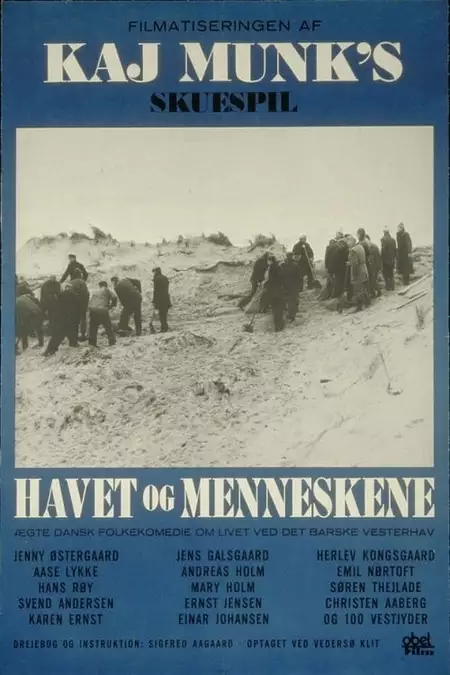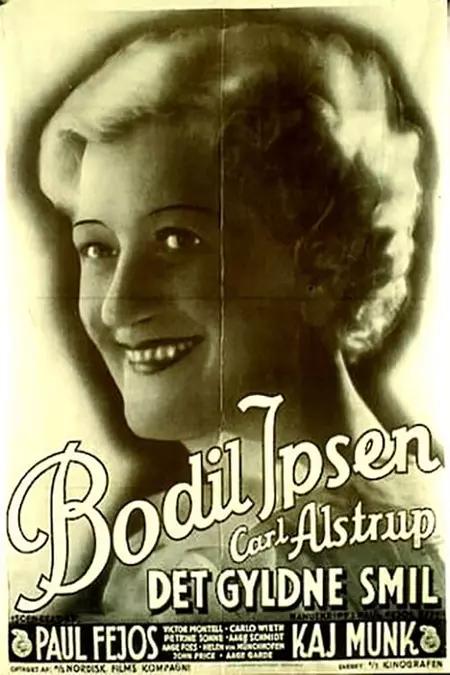Biography
(No Information)
Filmography
all 6
Movies 6
Writer 5
Writer
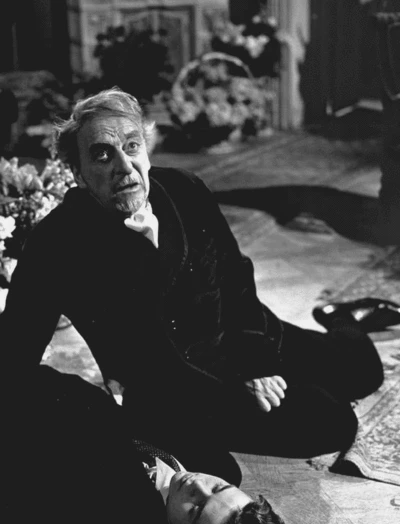
I brændingen (1965)
Movie
Story
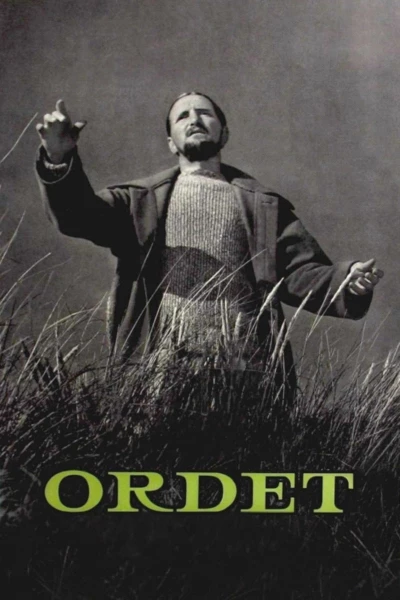
Ordet (1955)
Movie
6
Writer
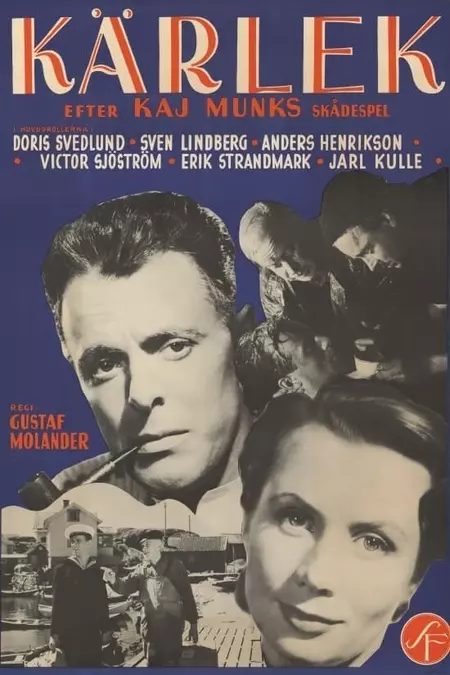
Kärlek (1952)
Movie
Writer
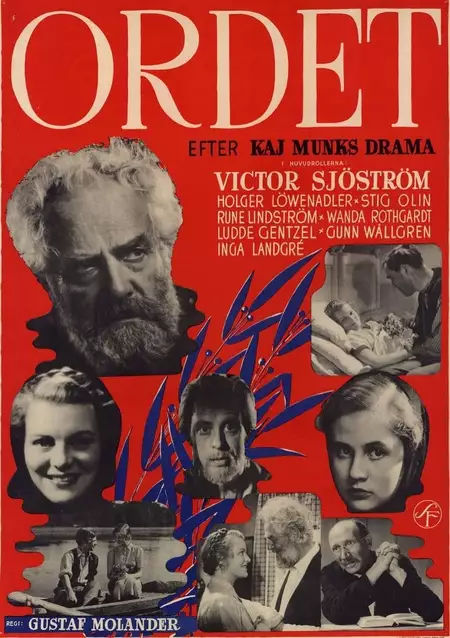
Ordet (1943)
Movie
Information
Known ForWriting
GenderMale
Birthday1898-01-13
Deathday1944-01-04 (45 years old)
Birth NameKaj Harald Leininger Petersen
Birth PlaceMaribo, Denmark
ReligionLutheranism
CitizenshipsKingdom of Denmark
Also Known AsKaj Harald Leininger Munk
This article uses material from Wikipedia.
Last updated:
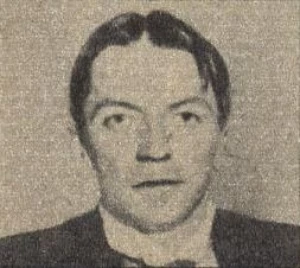 Kaj Munk
Kaj Munk- Filmography
- Information
